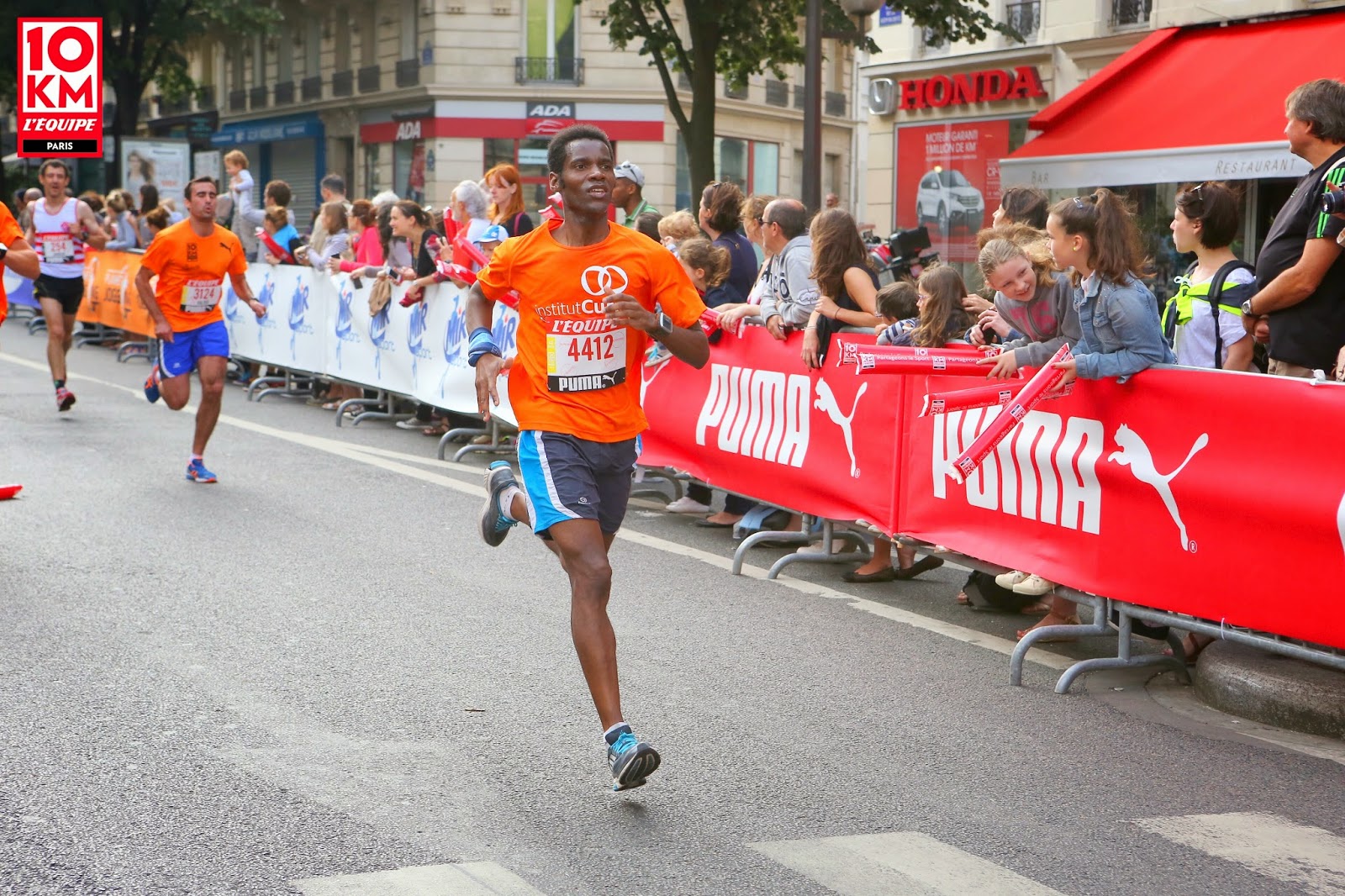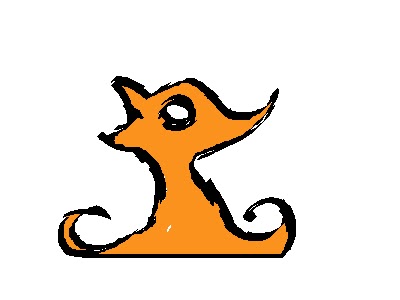Ronald Tintin’s Results of the race “10 km de l’Equipe” to support “Institut Curie” and the fight against cancer on Sunday, June 15th 2014. A really nice day !!!

Sunday, June 15 th 2014. A really nice day J Results of the race “10 km de l’Equipe”: Time : 37’15’’ Rank : 165 th /16 188 It was a wonderful running race!!!Very happy to have been able to participate by making less than 37’30’’ with motivation and well-being to support “Institut Curie”,the fight against cancer and breast cancer !!! The weather is nice to run with well-being and great motivation ;-) To know more and follow Ronning Against Cancer's project 2014 : Together, we can get rid of cancer”. www.ronningagainstcancer.com

